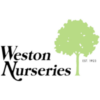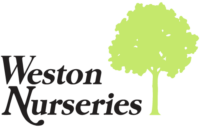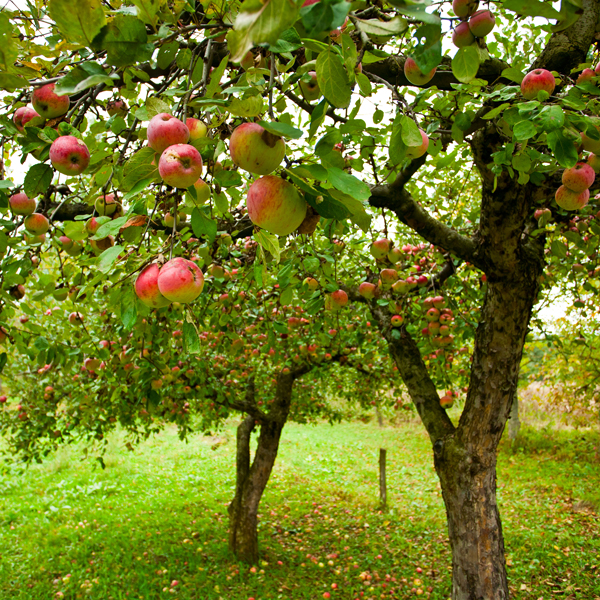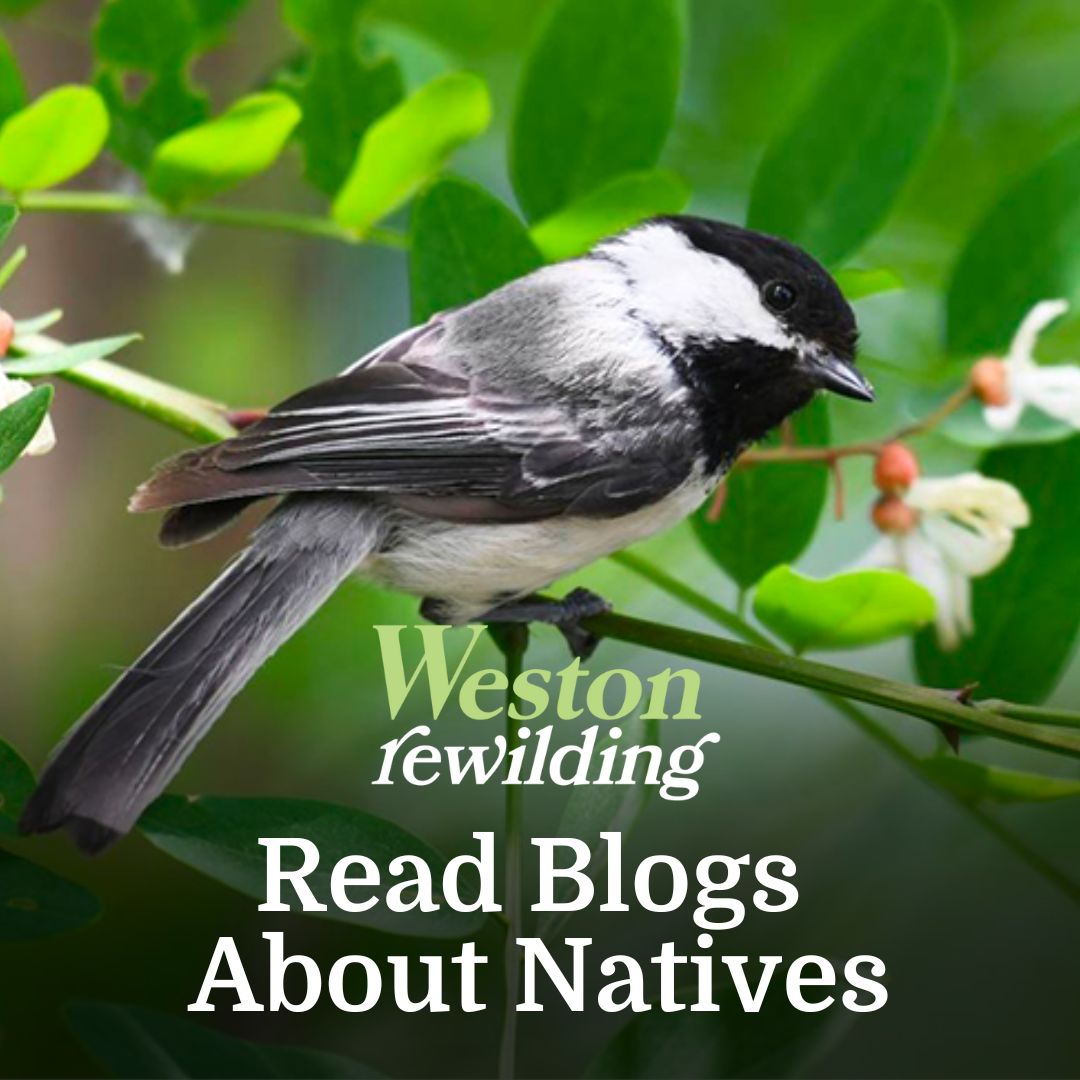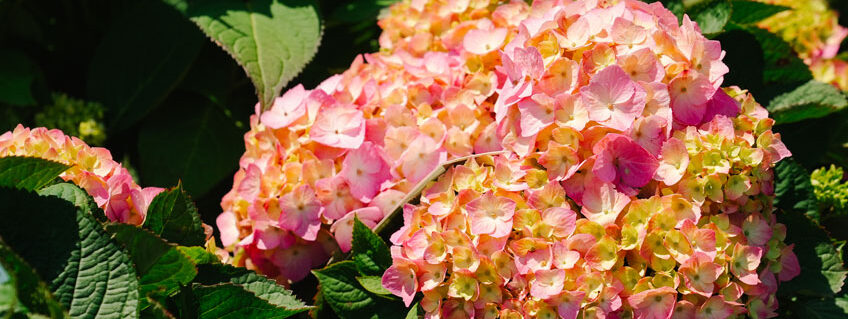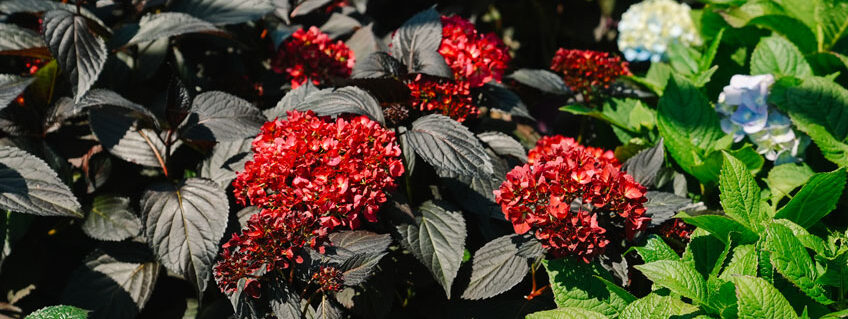By Wayne Mezitt
It was summer 1969 when my wife Beth and I, with our two babies, moved into the home built by my grandparents where we now live. I recall being so pleased to now have a home of our own, and in such a magnificent setting. One of my clearest memories is our experience that fall: harvesting fresh fruit from our own backyard orchard–what a pleasure! Purple and yellow plums, nectarines, several kinds of peaches, pears and apples, all in such abundance, and so much more than our young family could consume.
Grandpa and grandma had lovingly planted these trees about 10 years earlier, and they were now producing a huge bounty of fruit. We ended up giving away much of our crops to family, nursery staff and friends. We also began developing new skills to put-up and preserve some of it for use during winter.
Over the years we’ve added various trees and shrubs around our yard that also offer the bonus of edible fruit, including blueberries, raspberries, Cornus mas, grape vines, kiwi, Aronia, elderberry, Amelanchier and others. We’ve also tried integrating some larger-fruiting trees that are traditionally grouped together as orchard trees. We learned that even though many trees that produce fruit can be suitable as part of our landscape, setting up a more formal orchard, apart from other plants, works better for most types of large-fruit trees, vines and bramble-crops.
What can compare to picking your own home-grown fruit from trees and plants you’ve nurtured yourself? But of course, along with these rewards come responsibilities. In order to optimize fruit production, orchard trees generally require more maintenance than most landscape plants. Every March I set aside a weekend to cut back overlapping limbs, reshape branches and remove “water shoots” on my apple and pear trees. Peach and plum trees, as well as brambles and vines, need specific care as well.
By reading, talking with others, and making some “trial-and-error” mistakes, we’ve learned a lot about how to correctly prune and protect our trees, not only for best fruiting, but also to manage how they grow in their allotted space. Fortunately, improvements in breeding and selection have resulted in a wider choice of smaller stature (“dwarf”) trees that are easier to care for than similar crops only a generation ago.
Our experience has also helped us develop a better understanding of orchard pest and disease management. Environmental awareness has prompted breeders to develop cultivars that produce good results using far fewer insecticide and disease prevention applications. And even for the older traditional types of trees, a wide range of less toxic cultural methods are now readily available to manage pests. For example, we’ve used spherical red traps that resemble ripe apples as insect attracters–they greatly reduce the need for insecticide applications. These days we never spray our fruit trees.
These are long-term crops, so thoughtful planning and proper soil preparation is important for establishing a productive home orchard. It is critical to space your trees properly by knowing and planning for how large they will eventually grow. And understanding pollination needs for the specific types of trees you’re growing will help assure best results. Also important is understanding the exposure, wind conditions, soil types, and drainage and access elements of your site before planting any trees; cultural conditions for producing a reliable peach crop are different from those that apples and pears prefer.
To avoid disappointments (which may take years to show up) it is prudent to have good advice on which types of trees are suited for the climate and conditions where they will be growing in your yard. We were fortunate to have an orchard that was planted by our grandparents with an understanding of these constraints. Lacking this advantage, joining an organization whose members specialized in fruit growing may be beneficial; here are some websites that can help: https://www.homeorchardsociety.org/, and https://massmastergardeners.org/.
All this “homework” may seem a bit overwhelming. But people who have a home orchard usually attest to the rewards being well worth the effort. Some of our friends consider a home orchard to be a family generational tradition–what better way for children to develop a clear understanding where their fruit actually comes from? And today it’s become increasingly difficult to know how and where the fruit and food we buy in the grocery store was grown. With home-grown fruit you can be secure in the knowledge of how it was grown because you’ve had control of the entire process.
